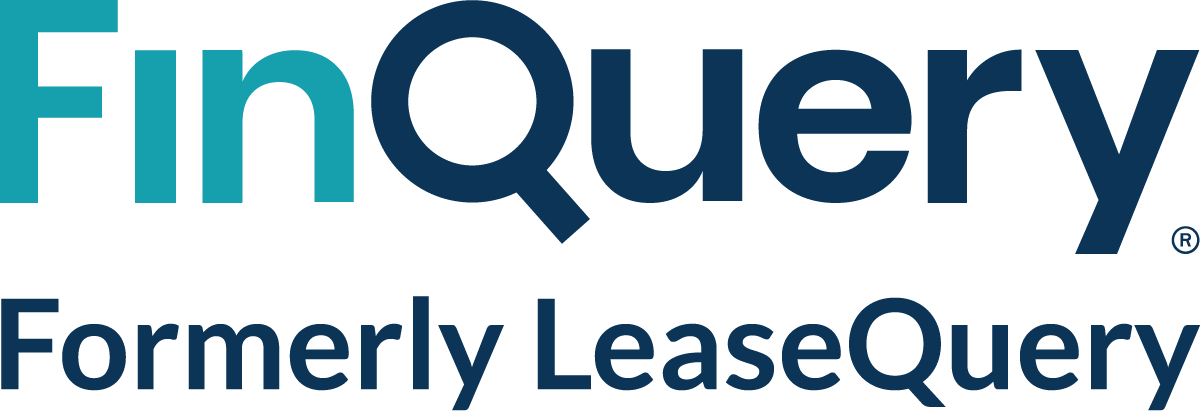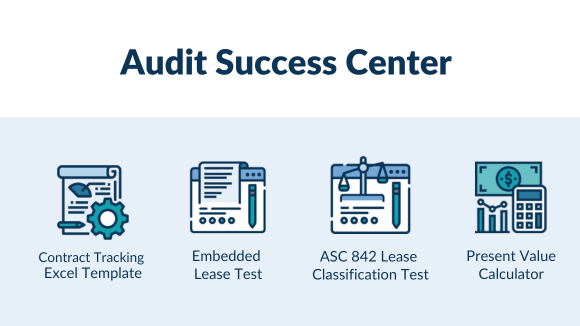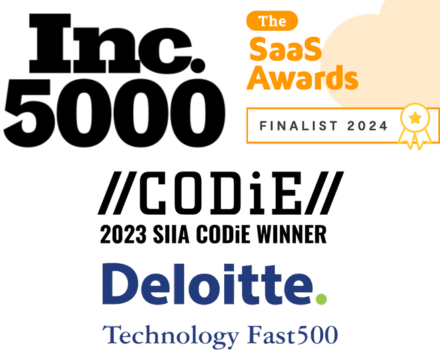Software has become the backbone of modern business, but along with its many benefits comes licenses, subscriptions, and service agreements to manage. The proactive management of software contracts is a pivotal task for IT and finance professionals at forward-thinking businesses.
In this article, we will explore everything from the basics of software contract management to advanced practices that empower businesses with the knowledge they need to streamline their operations, optimize costs, and bolster their IT infrastructure.
What is software contract management?
Software contract management is the diligent tracking, maintenance, and governance of software contracts within an organization. These agreements can range from licensing deals with software companies to terms of service for cloud-based applications.
The goals of software contract management are to ensure an organization is compliant with its software licenses, optimizes its software usage and expenditures, and effectively manages the various elements of the software portfolio.
Software contract management is particularly important for:
- Cross-functional visibility: Software contract management shows which applications are being used by which teams, what they are using the software for, and the drivers of software costs. This cross-functional visibility can ensure the organization is maximizing the benefit from its existing software agreements and prevent duplication of functionality across departments.
- Compliance and risk management: Visibility into software contracts provides transparency around compliance requirements which enables organizations to avoid penalties, mitigate risks, and curtail software usage that does not align with contractual terms.
- Strategic IT planning: Software contracts are a necessary data source for strategic IT planning, helping the IT team understand which software is integral to business operations and what future software needs and trends may be.
Benefits of software contract management
As covered above, software contract management impacts multiple areas of the business and provides many benefits for businesses willing to invest the required time and resources. These benefits include:
- Enhanced efficiency: Software contract management streamlines processes and workflows to align the procurement, renewal, and management of software with business needs – improving both operational and financial efficiency.
- Cost optimization: Diligent and proactive management of software contracts improves visibility into the drivers of software cost. This can enable cost reductions through optimized license usage, elimination of redundancies, and the identification of opportunities for volume discount agreements.
- Improved decision-making: Access to up-to-date and accurate contract data empowers leadership to make informed decisions related to software investments, utilization, and future-proofing.
- Better vendor relationships: Well-managed agreements lead to stronger relationships with software vendors, potentially resulting in better support, service, and terms for renewal or new acquisitions.
Who should be involved in software contract management?
Successful software contract management is a collaborative effort. A company’s leadership team should align on clear policies for software management from procurement to asset retirement. To develop, implement, and maintain these policies input and support is needed from the following teams:
IT
The IT team is often responsible for implementing software, as well as the processes and policies related to software acquisition, deployment, and tracking. Therefore their input is vital when setting the strategy and governance of software contract management. Not only for their deep experience and expertise, but involving IT will ensure better support for the software contract management process over time.
Finance
The finance team’s involvement in software contract management ensures software investments align with the organization’s financial goals and requirements. Software expense as a whole is now one of the top three expenses, along with real estate and people, for most organizations. When managing a line item this significant, the input of the finance team is key.
Legal and compliance
The legal and compliance teams are contract experts. Their input and participation is essential for interpreting and advising on the complex terms and conditions contained in software contracts to ensure the organization remains compliant with all relevant clauses, laws, and regulations governing software procurement, usage, and management.
Functional software owners
Software is used by departments across the business and is often purchased at a decentralized level. The person procuring and managing the use of the software often sits outside of the IT, finance, or legal teams. To ensure consistent compliance, the software contract management process must take into account the needs of these software owners and be simple to add into their workflows if it is to be sustainable.
Best practices in software contract management
Implementing best practices is critical to effective, scalable, and adaptable software contract management. Here are some practices to adopt for a successful program:
Cross-functional collaboration and partnership
As stated at the outset of this article, software contract management must be a collaborative endeavor. Teams across the business use software and have a stake in the proper management of software agreements. It is crucial to foster collaboration between the IT, legal, and procurement departments, as well as the functional owners of various applications. These partnerships will help all relevant parties stay informed about contract changes and updates.
Centralized contract repository
To achieve the needed visibility and oversight into software contracts across the organization, maintain a single, centralized repository for all software agreements. The repository should easily provide information regarding contract parties and clauses as well as payment amounts, terms, and dates. Ideally this repository should be accessible by all relevant departments, searchable to make contracts or contract information easy to find, and provide tracking and reporting on contract changes.
Specialized technology tools
The type of centralized contract repository needed to best manage software contracts isn’t a shared spreadsheet, folder, or drive. To get the searchability, reportability, and visibility you need, leverage specialized software solutions designed to assist in managing and tracking contracts such as a Financial Contract Management tool or a Software Asset Management tool with contract management features. The right tool will provide necessary insights and facilitate governance compliance.
Look for a solution that provides a centralized repository with all the features listed above as well as the ability to provide automated alerts to help manage contract lifecycles. Renewal date alerts are key, but more nuanced alert capabilities are even better. Look for a tool that triggers customizable alerts able to be tied to any specific contract event. This will cover your organization for renewals, termination notice dates, negotiation deadlines, payment obligations, or price changes – ensuring you are always on top of key contract events.
Regular audits and reviews
Conduct periodic audits to validate the completeness of your contract inventory and the accuracy of the data. Ensure you have copies of all current software agreements and the most up-to-date version of each contract. It can be hard to know you are missing a contract for software that has never been brought to your attention, so consider a software asset management platform that automatically discovers all software in use at your organization whether it was purchased via official channels or not. In addition to ensuring completeness of your repository, also use this time to review contracts to ensure they remain aligned with business goals. Though few people like the audit process, these periodic reviews are very valuable and should be relatively painless with the right tools and on-going processes in place.
Training and awareness
With the proliferation of affordable SaaS tools for business, software purchasing has become highly decentralized. It is now possible for almost any employee to purchase a software solution for an individual or functional problem. Therefore you must make employees aware you have a software contract management program and educate them about how their software purchasing actions can impact the organization’s compliance and financial health. To ensure a robust and sustainable program, provide employees training on what they can do to support the organization’s software contract management policies.
Conclusion: Software contract management elevates efficiency
With the increasing significance of software in all business processes and to organizations’ financial statements, software contract management’s importance in effective operations cannot be overlooked. It influences an organization’s bottom line, strategy, and risk profile. By implementing the practices outlined in this guide, businesses can begin realizing benefits of an optimized software contract management approach.










